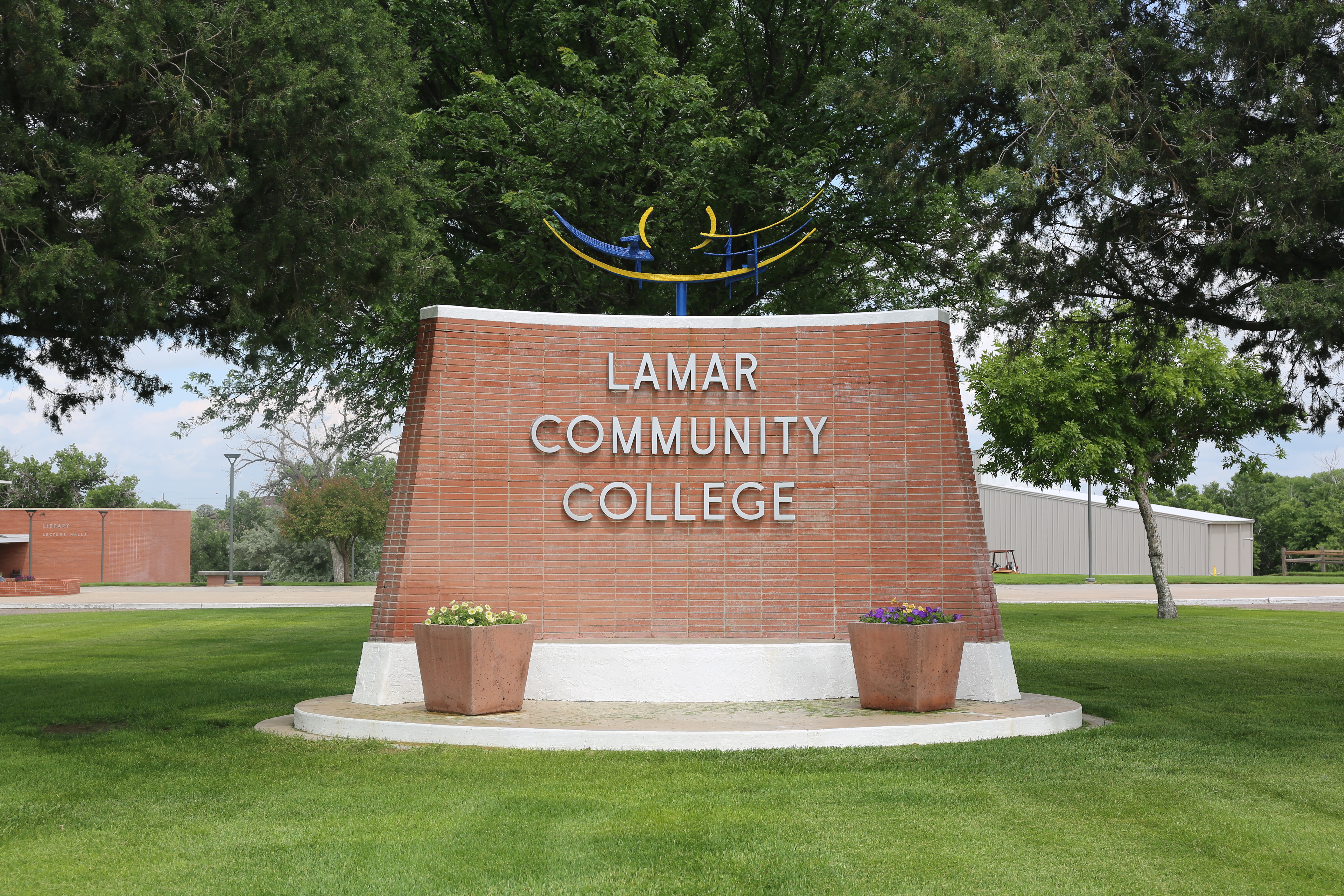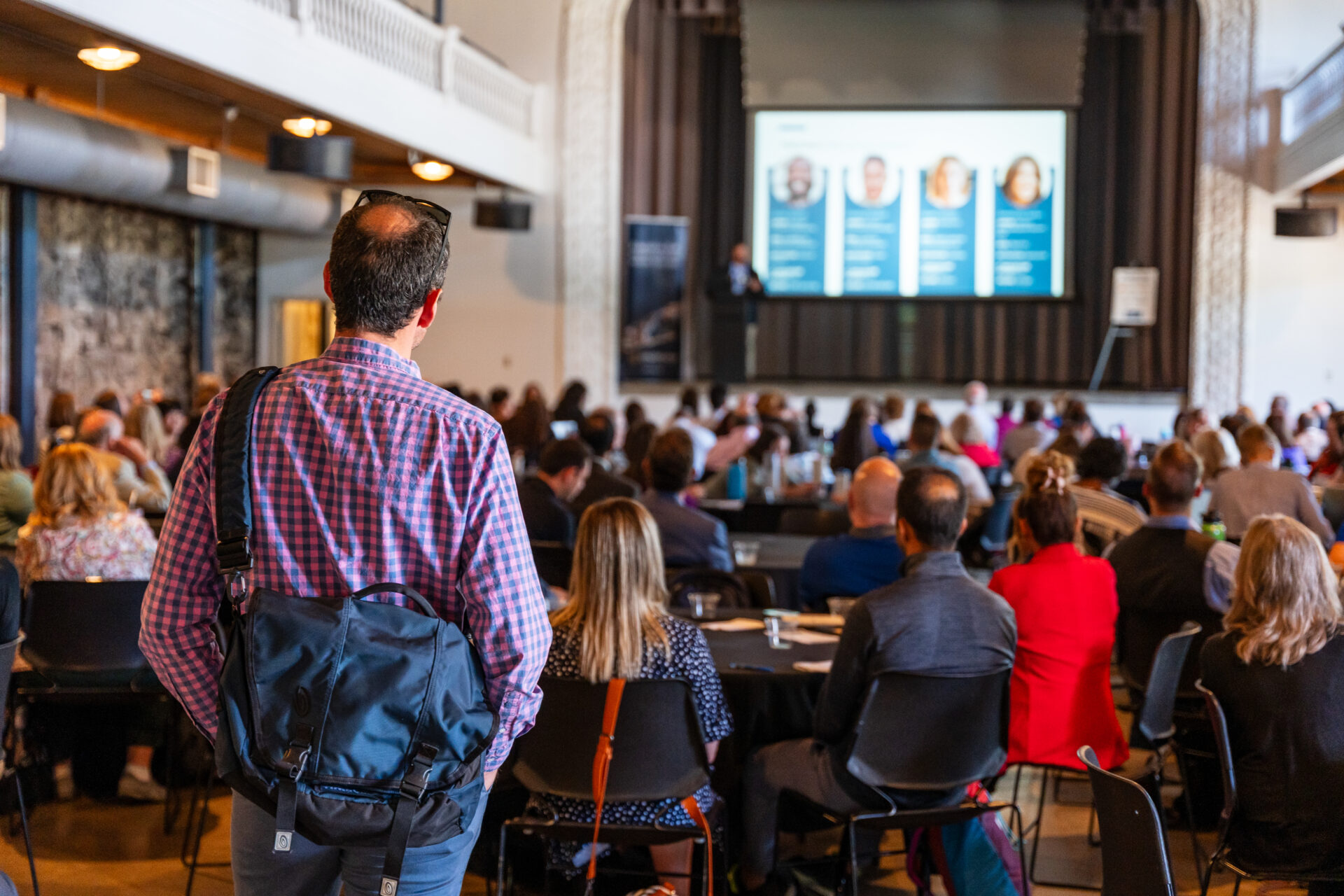The State Board for Community Colleges and Occupational Education (SBCCOE) hosted a panel of national experts last week to discuss promising practices in educational equity and ways the Colorado Community College System (CCCS) can continue to meet students’ needs.
The SBCCOE oversees CCCS and is beginning work to refresh its strategic plan. To advise on latest equity practices, the board invited Kristin Hultquist, partner and co-founder of HCM Strategists, to lead a conversation with three experts in higher education equity: Dr. Dhanfu Elston, senior vice president with Complete College America; Dr. Wil Del Pilar, vice president with The Education Trust; and Dr. Patricia Trujillo, deputy cabinet secretary with the New Mexico Higher Education Department.
While Colorado and CCCS have led the country in prioritizing equity, colleges still have a long way to go in improving enrollment, success, and completion rates among Coloradans of Color, said Dr. Ryan Ross, CCCS associate vice chancellor of student affairs and director of equity and inclusion.
“Equity work is not monolithic. It’s different in different places with different needs,” he said. “We want to be the system where every student, stakeholder, staff and faculty, community member—anybody who engages with us has the ability to thrive.”
A Real Opportunity
The conversation kicked off with an update from Dr. Ross and Dr. Landon Pirius, CCCS vice chancellor for academic and student affairs. In the past year, CCCS adopted a new equity philosophy statement and hosted several professional development opportunities on topics like unconscious bias. CCCS is also leading a teaching excellence grant to make classrooms more inclusive.
“Some of the initiatives underway are focused on equity and outcomes. Others, like Colorado Online and the Rural College Consortium, are geared toward expanding equitable access to higher education,” Dr. Pirius said. By uniting efforts, “there’s a real opportunity for this board and college presidents to make clear statements about our values and our goals around equity.”
He added that both CCCS and the colleges have made great strides in data collection—progress that earned recognition from Dr. Dhanfu.
“Colorado has been doing some amazing work, and you should be very proud,” he said. “When we talk about the data driving the change, Colorado was at the forefront of states that have really been evaluating the work in this kind of way.”
Expanding the Equity Conversation
The panel also praised CCCS’ work to embrace high-impact strategies: providing wraparound supports, like childcare and transportation assistance; catching struggling students early through intrusive advising; and intentionally building a sense of belonging—all shown to boost student success and completion rates.
To take equity work to the next level, however, colleges will have to look beyond these traditional metrics, the panelists said.
“Critical thinking, collaborative problem-solving, self-governed learning, civic engagement, happiness—all of these are outcomes of higher education,” Pilar said. “If we value these things, we should think about how we quantify them to make them part of the conversation.”
Dr. Trujillo agreed, asserting that community input is just as valuable as quantitative data. As deputy cabinet secretary, she helped organize regional conferences where communities and colleges set education and workforce goals together. The collaboration has already begun curbing “brain drain” and attracting more students, she said.
“Instead of just thinking of this as a singular opportunity for 18- to 24-year-olds, college can be a whole family endeavor,” she said, noting that parents, aunts, and uncles are starting to join young people on campus. “When we start inviting potential students in, their families in, the community in, that’s when they really start to adopt the college as their own,” she said.
In addition to redoubling community engagement efforts, colleges must adapt advertising content and strategies to meet students where they are, the experts advised. Too often, equity conversations gloss over what really matters to students, said Dr. Dhanfu.
“No family is thinking about the state’s attainment goal,” he said. “They’re thinking ‘Why is this relevant to me and my family? Why is it valuable? How can I make it accessible knowing our financial challenges?’ You want to be able to highlight those resources to start the conversation with them.”
As the board takes these recommendations into consideration, both the colleges and CCCS will take innovative approaches to close equity gaps, said CCCS Chancellor Joe Garcia.
“Everybody on the board and in our leadership understands the importance of serving all of the population in Colorado—people who may not have thought of themselves as college-going or college-ready. Those are the folks we certainly want to serve, and we know we need to do something differently.”


